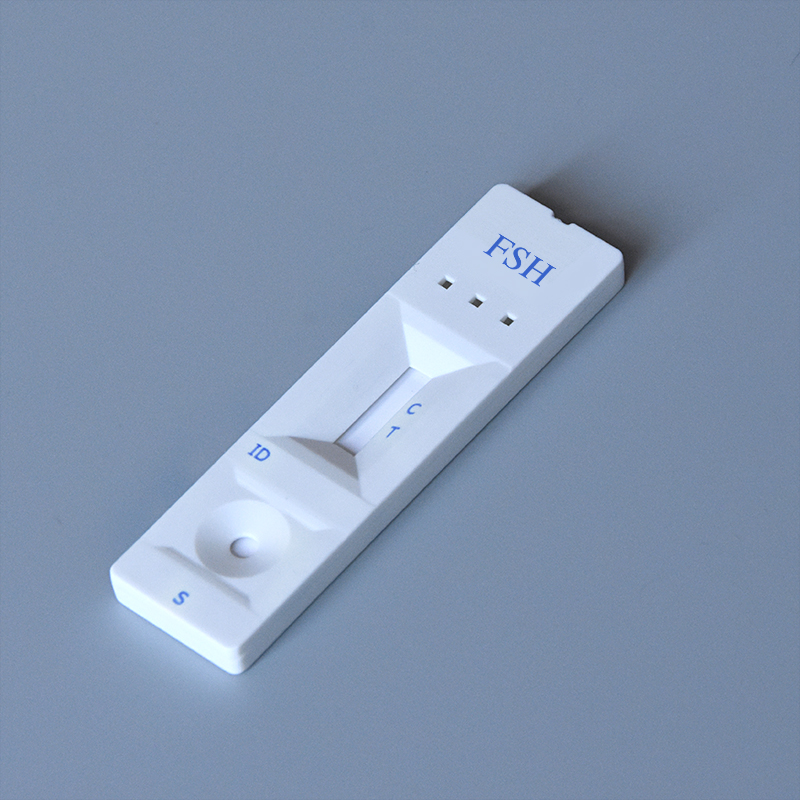ກ.ພ. . 17, 2025 16:34 Back to list
plastic cassette
The evolution of technology has brought various innovations to our daily lives, and plastic cassettes are no exception. Frequently perceived as remnants of the past, these compact and versatile storage units are experiencing a renaissance. For those unfamiliar, a plastic cassette is a type of enclosure specifically designed to hold and protect tape mediums. But their significance extends beyond the mere protection of audio or data tapes; they have a rich history and offer modern applications that make them indispensable in certain niches.
The trustworthiness of plastic cassettes as a storage medium is evident in reviews from archival technicians and sound engineers around the globe. Their physical form makes them less susceptible to hacking or accidental data deletion, unlike their digital counterparts. A key factor contributing to their trustworthiness is the tangible nature of the medium, which gives users confidence in their content's safety. Furthermore, many reputable brands produce these cassettes, ensuring quality and consistency. Today, sustainability is a pivotal concern for consumers and industries alike. Plastic cassettes provide an avenue for re-usability and recycling. Many consumers and companies have adopted eco-friendly initiatives, repurposing old cassettes for modern uses or ensuring their responsible recycling. This ecological consciousness, tied with a commitment to maintaining quality media storage, highlights the ongoing evolution and adaptability of plastic cassettes. In conclusion, the modern relevance of plastic cassettes spans their historical significance to current utility in professional landscapes. Experience dictates that while digital solutions dominate the storage conversation, the expertise, authoritativeness, and trustworthiness attached to plastic cassettes cannot be overlooked. Leveraging their unique benefits and potential for sustainable practices, these compact devices continue to play a crucial role in safeguarding our analog past while complementing the digital present.


The trustworthiness of plastic cassettes as a storage medium is evident in reviews from archival technicians and sound engineers around the globe. Their physical form makes them less susceptible to hacking or accidental data deletion, unlike their digital counterparts. A key factor contributing to their trustworthiness is the tangible nature of the medium, which gives users confidence in their content's safety. Furthermore, many reputable brands produce these cassettes, ensuring quality and consistency. Today, sustainability is a pivotal concern for consumers and industries alike. Plastic cassettes provide an avenue for re-usability and recycling. Many consumers and companies have adopted eco-friendly initiatives, repurposing old cassettes for modern uses or ensuring their responsible recycling. This ecological consciousness, tied with a commitment to maintaining quality media storage, highlights the ongoing evolution and adaptability of plastic cassettes. In conclusion, the modern relevance of plastic cassettes spans their historical significance to current utility in professional landscapes. Experience dictates that while digital solutions dominate the storage conversation, the expertise, authoritativeness, and trustworthiness attached to plastic cassettes cannot be overlooked. Leveraging their unique benefits and potential for sustainable practices, these compact devices continue to play a crucial role in safeguarding our analog past while complementing the digital present.
Latest news
-
Highly Accurate hCG Pregnancy Test Strips - 5 Min Results
NewsAug.02,2025
-
Premium Empty ABS Plastic Cassettes: Durable & Lightweight Storage
NewsAug.01,2025
-
Accurate Cocaine (Coc) Rapid Test Kit | Fast & Reliable Detection
NewsJul.31,2025
-
Accurate HCG Pregnancy Test Strips | Fast Home Use Kit
NewsJul.31,2025
-
Reliable Early Pregnancy Test Kit Supplier - Multi Plastic Cassette Options
NewsJul.30,2025
-
Transferrin Rapid Test Cassette – Reliable Tumor Marker Detection
NewsJul.29,2025

